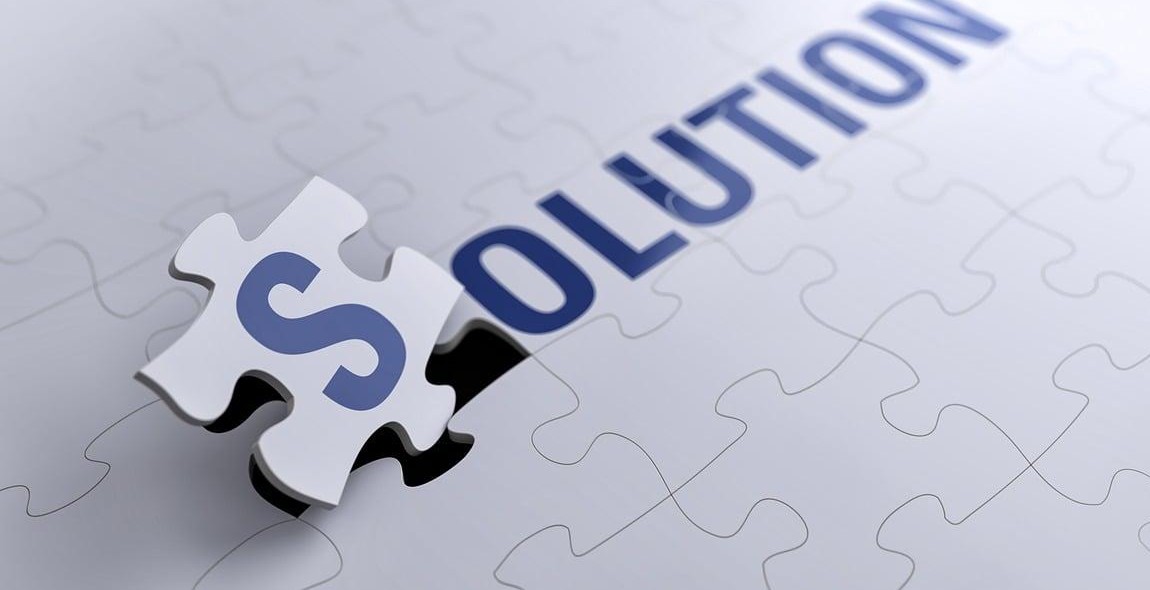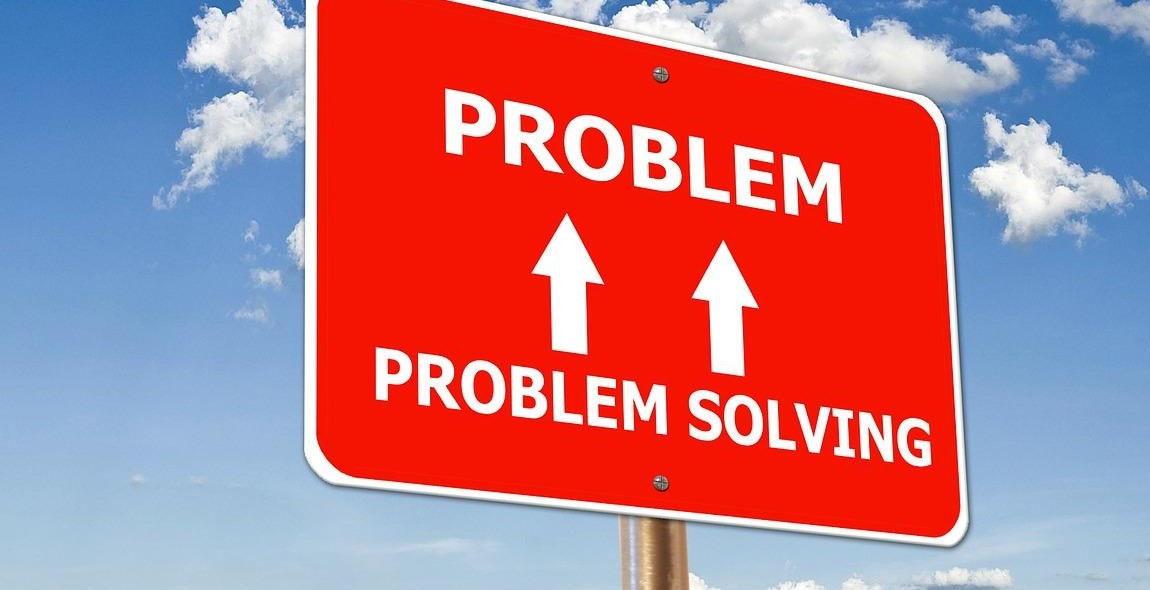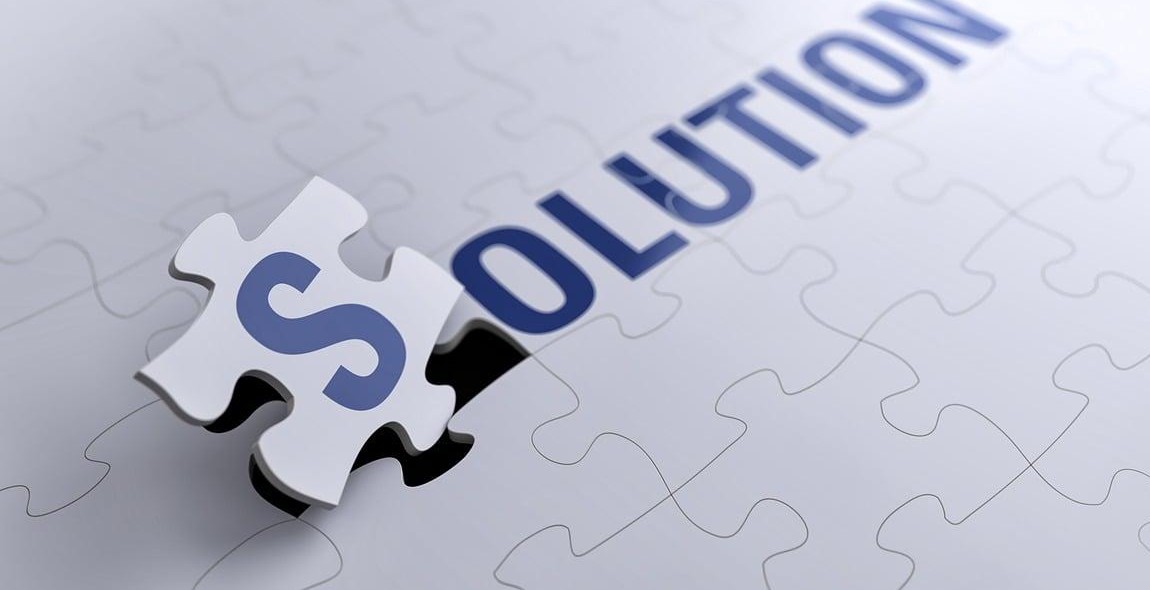How to Develop Effective Problem-Solving Skills
Problem-solving is a crucial skill that everyone needs to develop to navigate through life. Whether you are an employee, a business owner, a student, or a homemaker, you will face challenges that require creative solutions. Effective problem-solving skills enable you to analyze a situation, identify potential solutions, and implement the best course of action.
Developing problem-solving skills takes time and effort, but it is a skill that can be learned and honed with practice. This article will outline some effective strategies for developing problem-solving skills that you can apply in various aspects of your life.
Why Are Problem-Solving Skills Important?
Problem-solving skills are essential because they enable you to:
- Make informed decisions
- Resolve conflicts
- Manage crises
- Improve communication
- Increase productivity
- Enhance creativity
Effective problem-solving skills are also highly valued in the workplace, and employers often seek candidates who possess these skills.
Key Strategies for Developing Effective Problem-Solving Skills
The following strategies can help you develop effective problem-solving skills:
- Define the problem
- Gather information
- Generate potential solutions
- Evaluate and select the best solution
- Implement the solution
- Monitor and adjust as needed
By following these steps, you can develop a systematic approach to problem-solving that can be applied in various situations.

What are Problem-Solving Skills?
Problem-solving skills refer to a person’s ability to identify, analyze, and solve problems in a systematic and effective manner. It is an essential skill that helps individuals to overcome obstacles and challenges in both personal and professional settings.
Definition of Problem-Solving Skills
Problem-solving skills involve using critical thinking and analytical skills to evaluate a situation, identify the problem, and develop a solution. It requires the ability to break down complex problems into smaller, manageable parts, and then examine each part to find a solution.
In addition to critical thinking and analytical skills, problem-solving skills also involve creativity, logic, and decision-making. A person with excellent problem-solving skills can think outside the box and come up with innovative solutions to complex problems.
Why are Problem-Solving Skills Important?
Problem-solving skills are essential in both personal and professional settings. In the workplace, employees who possess strong problem-solving skills are highly sought after by employers. They are seen as valuable assets because they can help organizations save time and money by identifying and solving problems quickly and efficiently.
Problem-solving skills are also crucial in personal life. Individuals who possess strong problem-solving skills can effectively manage their personal lives and relationships. They can overcome obstacles and challenges that arise and make sound decisions that lead to positive outcomes.
Moreover, problem-solving skills are essential for personal growth and development. It helps individuals to become more self-reliant and confident in their abilities to handle any situation that may arise.
| Professional Setting | Personal Setting |
|---|---|
| Identifying and resolving customer complaints | Managing personal finances |
| Developing strategies to increase sales | Resolving conflicts with family and friends |
| Improving production efficiency | Finding a solution to a health issue |
Overall, problem-solving skills are an essential skill set that everyone should possess. It helps individuals to overcome obstacles and challenges that arise in both personal and professional settings and leads to personal growth and development.

Steps to Develop Effective Problem-Solving Skills
Problem-solving is a critical skill that can help individuals overcome obstacles and achieve their goals. Whether you are dealing with a personal or professional issue, having effective problem-solving skills can help you identify the problem, gather information, brainstorm solutions, evaluate options, choose a solution, implement the solution, and monitor and evaluate the solution. Here are the steps to develop effective problem-solving skills:
1. Identify the Problem
The first step in effective problem-solving is to identify the problem. This involves defining the issue and understanding its root cause. It is essential to gather as much information as possible about the problem to get a clear picture of what is going on. Once you have identified the problem, you can move on to the next step.
2. Gather Information
Once you have identified the problem, the next step is to gather information. This involves collecting data, analyzing information, and understanding the context in which the problem exists. Gathering information can help you identify potential solutions to the problem.
3. Brainstorm Solutions
After gathering information, the next step is to brainstorm potential solutions. This involves generating as many ideas as possible, regardless of how feasible they may seem. Brainstorming allows you to explore different options and come up with creative solutions to the problem.
4. Evaluate Options
Once you have generated potential solutions, the next step is to evaluate each option. This involves weighing the pros and cons of each solution and assessing its feasibility. Evaluating options can help you determine which solutions are most likely to be successful.
5. Choose a Solution
After evaluating options, the next step is to choose a solution. This involves selecting the best option based on your evaluation. It is essential to consider the potential outcomes of each solution and choose the one that is most likely to be successful.
6. Implement the Solution
Once you have chosen a solution, the next step is to implement it. This involves putting the solution into action and monitoring its progress. It is essential to have a plan in place for implementing the solution and to communicate that plan to others who may be involved.
7. Monitor and Evaluate the Solution
The final step in effective problem-solving is to monitor and evaluate the solution. This involves tracking progress and assessing whether the solution is working as expected. If the solution is not working, it may be necessary to revisit the previous steps and try a different approach.
In Conclusion
Effective problem-solving involves identifying the problem, gathering information, brainstorming solutions, evaluating options, choosing a solution, implementing the solution, and monitoring and evaluating the solution. By following these steps, you can develop effective problem-solving skills that can help you overcome obstacles and achieve your goals.

Tips to Improve Problem-Solving Skills
Problem-solving is a crucial skill that helps individuals to navigate through life’s challenges. It involves identifying the problem, generating potential solutions, and selecting the most appropriate one. Here are some tips to improve your problem-solving skills:
1. Practice
Practice makes perfect, and the more you practice problem-solving, the better you become at it. Look for opportunities to solve problems in your daily life, whether at work, school, or home. The more problems you solve, the more you develop your problem-solving skills.
2. Break Down Problems into Smaller Parts
When faced with a complex problem, it can be overwhelming to tackle it all at once. Breaking down the problem into smaller parts makes it easier to manage and solve. Start by identifying the different components of the problem and then work on each part separately. This approach can help you to see the problem from different angles and come up with more effective solutions.
3. Use a Systematic Approach
A systematic approach involves following a step-by-step process to solve a problem. This approach helps to ensure that you do not miss any important steps and that you consider all possible solutions. Some common systematic approaches include the scientific method, the DMAIC (Define, Measure, Analyze, Improve, Control) process, and the 5 Whys technique.
4. Think Creatively
Creativity is an essential component of problem-solving. It involves thinking outside the box and coming up with innovative solutions. To think creatively, you need to challenge assumptions, look for alternative perspectives, and consider unconventional solutions. You can also use brainstorming techniques to generate a wide range of ideas.
5. Seek Help When Needed
Problem-solving can be challenging, and it is okay to seek help when you need it. Collaboration with others can lead to more effective solutions. Seek input from colleagues, friends, or family members who may have a different perspective or experience with similar problems. You can also seek guidance from mentors, coaches, or experts in the field.
Improving your problem-solving skills takes time and effort, but the benefits are significant. By practicing problem-solving, breaking down problems, using a systematic approach, thinking creatively, and seeking help when needed, you can become a more effective problem solver.

Conclusion
Problem-solving is an essential skill that everyone needs to develop to succeed in life. Whether you are a student, a professional, or a business owner, you will face various challenges that require effective problem-solving skills. By following the tips mentioned in this article, you can develop your problem-solving skills and become more efficient in tackling various issues.
Key takeaways
- Problem-solving is a process that involves identifying, analyzing, and resolving issues.
- Effective problem-solving requires critical thinking, creativity, and communication skills.
- Breaking down complex problems into smaller parts can make them easier to solve.
- Collaborating with others can help you gain different perspectives and come up with better solutions.
- Practice and persistence are essential for developing problem-solving skills.
Benefits of effective problem-solving skills
Developing effective problem-solving skills can bring several benefits, including:
- Improved decision-making abilities
- Increased productivity and efficiency
- Better communication and collaboration with others
- Enhanced creativity and innovation
- Greater confidence and self-esteem
Overall, problem-solving skills are crucial for personal and professional success. By practicing and honing these skills, you can become a more effective problem solver and achieve your goals with greater ease.
